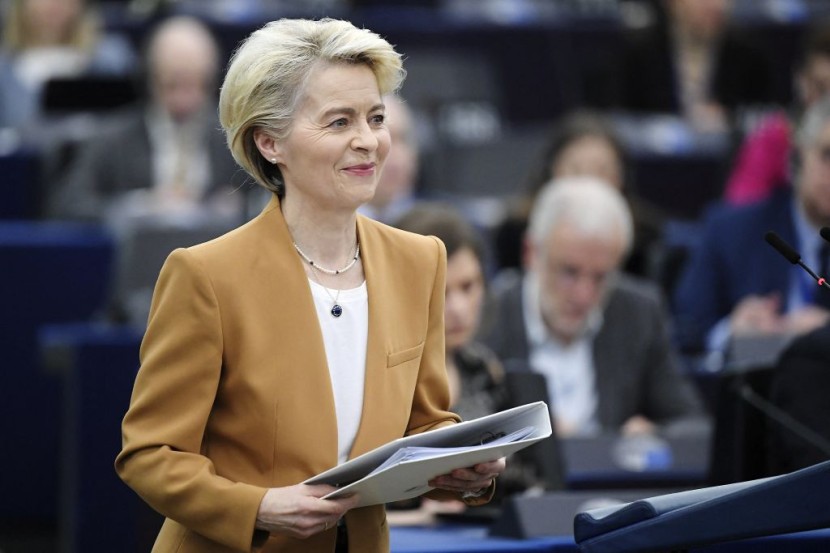
The EU gets flak regarding the importation of raw materials that should reduce dependence on China, with which members of the European Parliament (MEPs) have voiced dissatisfaction. EU attempts to lessen the acquisition of important raw materials, like unleashing subsidies and financial incentives to have them in Europe instead.
EU Updates Its Policies on Imports
One of these primary concerns is how these policies will impact crucial raw materials, and imports from China are only one of the many concerns that affect Chinese trade, reported by Express UK.
There is a drive to produce more at home than import many things from China. It is where the European Commission is the bloc executive entity trying to lessen importation from China. Another is to be more independent, as geopolitics has become a roller-coaster ride.
The Internal Market Commissioner Thierry Breton remarks that Brussels is trying to control its dependence on entities like Beijing. This has been compared to the Chinese approach to taxpayers, which controls every aspect of taxing.
Italian MEP Marco Zanni reacted to Brussels, saying it was pivoting to China, like controlling economics that is not welcome, noted Knews Media. The same ex-European commissioner from Germany, Günther Oettinger, says "This direction is quite dangerous."
He added that it's not only a single market but a planned economy with centralized control.
EU To Lessen Dependence on China for Raw Materials
An observation that has been cited about the proposal is how it should achieve the goal of 40 percent clean tech in 2030, which the bloc would reach. Another is that 65 percent of critical raw materials will be 65 percent from a third country like China.
These critical raw materials, which the bloc gets 98 percent of rare earth material, lithium at 97 percent, with magnesium at about 93 percent, all from China, are used in solar panels, heat pumps, and electric cars. While trying to wean itself from getting too dependent on China, it seeks partners like the US and Canada. Others see this in the bloc as only making instability more apparent, cited AP News.
European Commission President Ursula von der Leyen stated that they are developing more cooperation with better trading partners besides having a few sources. But the plans should be accepted by the EU's members, with the parliament cementing it as official. One drawback to the process is that it will take months to a year.
Based on sources that state clean technology and important goals, the bloc is shifting its economics from a free market to another option. The change will come in establishing state aid rules as the primary mover to enable a shift to a renewable energy-based economy.
The EU commission added that the suggestion points to private financing as insufficient to start projects with the raw material that will entail public support and state aid.
It informed that it had ratified state aid rules to facilitate more versatility member states need to give aid. EU Commission wants to simplify the processes involved in following the critical raw materials plan in the Net-Zero Industry Act. The harsh policies that increased dependence on China as a source of the material the EU got flak from MEPs' opposition.
Related Article: Russian Oil Ban Is Detrimental for Energy Market Stability








